68% global citizens think about their physical wellbeing often : Ipsos survey
October 10th, is World Mental Health Day. According to an Ipsos 30-country survey, among 21,513 adults, 71% urban Indians and 68% global citizens said they think about their physical wellbeing often. And how about mental wellbeing? Interestingly, personal concern for mental wellbeing was comparatively lower, both among urban Indians (61%) and global citizens (53%).
Mental Wellbeing versus Physical Wellbeing
Further, we asked the respondents to choose between mental and physical wellbeing, asking them to rate by importance. And an overwhelming majority, at least 79% global citizens lay emphasis on the importance of both mental and physical wellbeing equally. 6 in 10 urban Indians too chose both mental and physical wellbeing equally in importance.
“Both physical and mental wellbeing are inter-related. If there are prolonged physical symptoms they impact even the mental state, likewise, stress or mental disturbance often leads to physical symptoms as well. It is only in the recent years that mental wellbeing is being taken more seriously, earlier it used to get a short shrift,” said Parijat Chakraborty, Country Service Line Leader, Public Affairs, Ipsos India.
How does the Healthcare System perceive both Mental & Physical Wellbeing?
The survey showed that the views were quite divided, both among global citizens & urban Indians: Global citizens felt their country healthcare systems feel physical wellbeing is more important (42%), both mental and physical wellbeing are equally important (35%) and mental health is more important was felt by 9%. Urban Indians felt our healthcare system would rate physical wellbeing important (37%); rate both mental and physical wellbeing important (37%) and 18% would rate mental wellbeing important.
Hierarchy of global health concerns
The survey also mapped the top global health concerns and mental health was placed third in the overall hierarchy. So, the pecking order was - coronavirus (70%), cancer (34%), mental health (31%), stress (22%) and obesity (19%).
Monica Gangwani, Country Service Line Leader, Healthcare, Ipsos India said, "I’m not surprised mental health is at No. 3 position now. Mental Health is now becoming a prominent concern among people and not surprising that it is the third most salient global health concern after Covid and Cancer. Prolonged social isolation, loneliness, anxiety and all the gloom due to loss of human lives is taking a toll on mental health,” says
Technical note
These are the results of a 30-market survey conducted by Ipsos on its Global Advisor online platform. Ipsos interviewed a total of 21,513 adults aged 18-74 in the United States, Canada, Israel, Malaysia, South Africa, and Turkey, aged 21-74 in Singapore, and 16-74 in 24 other markets between Friday, August 20 and Friday, September 3, 2021.
The sample consists of approximately 1,000 individuals in each of Australia, Belgium, Brazil, Canada, mainland China, France, Germany, Great Britain, Italy, Japan, Spain, and the U.S., and 500 individuals in each of Argentina, Chile, Colombia, Hungary, India, Israel, Malaysia, Mexico, the Netherlands, Peru, Poland, Russia, Saudi Arabia, Singapore, South Africa, South Korea, Sweden, Switzerland, and Turkey.
The samples in Argentina, Australia, Belgium, Canada, France, Germany, Great Britain, Hungary, Italy, Japan, the Netherlands, Poland, South Korea, Spain, Sweden, Switzerland, and the U.S. can be taken as representative of their general adult population under the age of 75.
The samples in Brazil, mainland China, Chile, Colombia, India, Israel, Malaysia, Mexico, Peru, Russia, Saudi Arabia, Singapore, South Africa, and Turkey are more urban, more educated, and/or more affluent than the general population. The survey results for these countries should be viewed as reflecting the views of the more “connected” segment of their population.
The data is weighted so that each country’s sample composition best reflects the demographic profile of the adult population according to the most recent census data.
The ‘Global Country Average’ reflects the average result for all the countries and markets where the survey was conducted. It has not been adjusted to the population size of each country or market and is not intended to suggest a total result.
Where results do not sum to 100 or the ‘difference’ appears to be +/-1 more/less than the actual, this may be due to rounding, multiple responses, or the exclusion of “don't know” or not stated responses.
The precision of Ipsos online polls is calculated using a credibility interval with a poll of 1,000 accurate to +/- 3.5 percentage points and of 500 accurate to +/- 5.0 percentage points. For more information on Ipsos' use of credibility intervals, please visit the Ipsos website.
The publication of these findings abides by local rules and regulations.



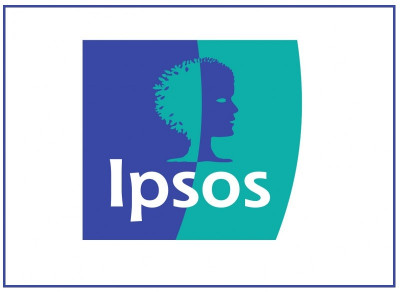

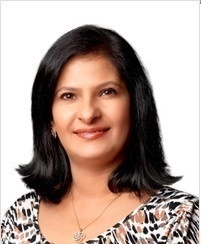








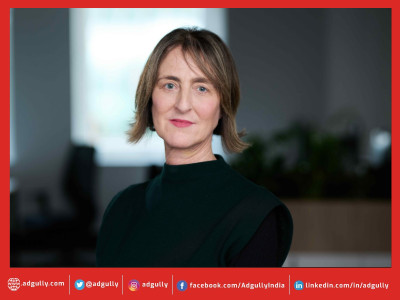

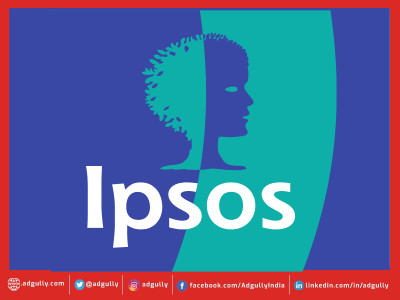
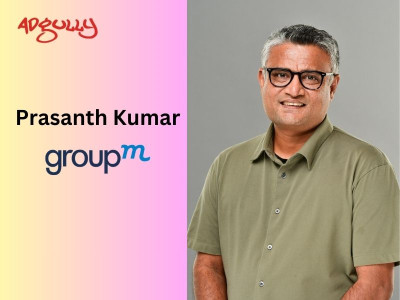


Share
Facebook
YouTube
Tweet
Twitter
LinkedIn